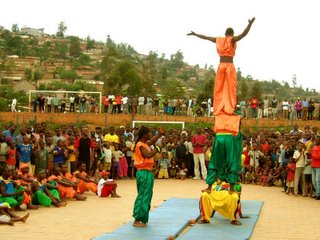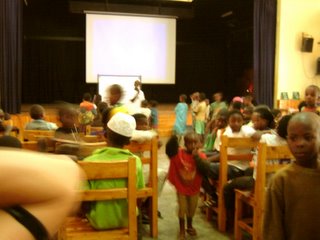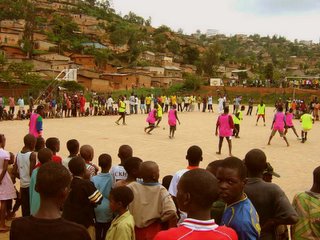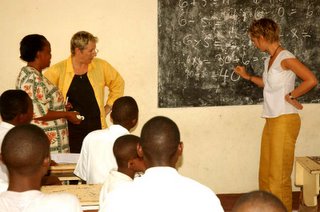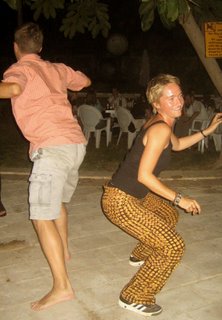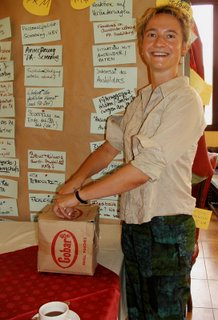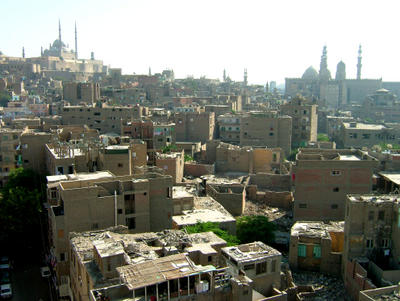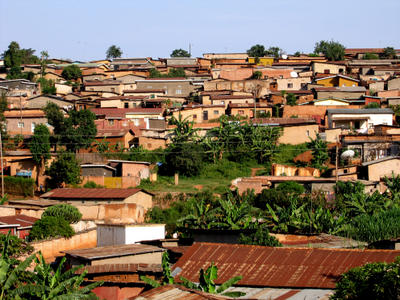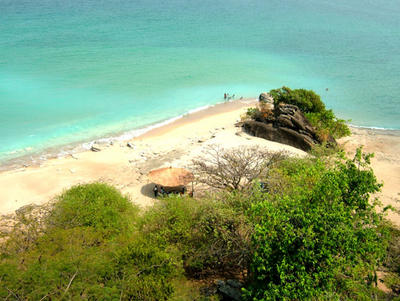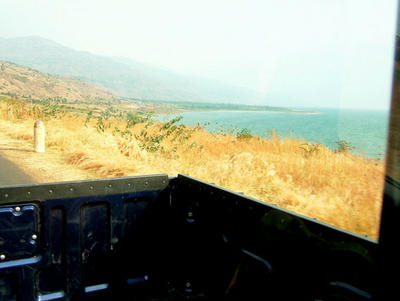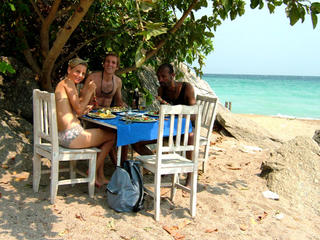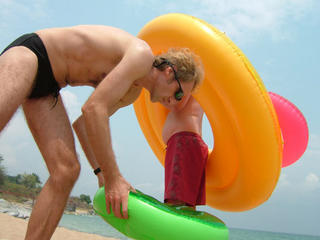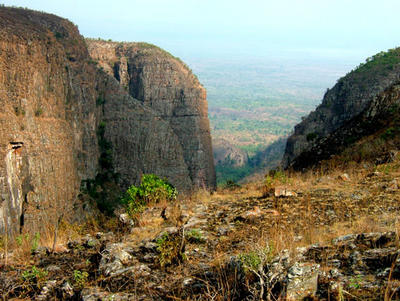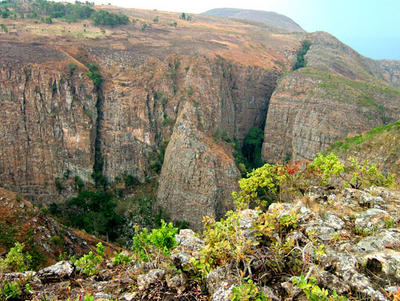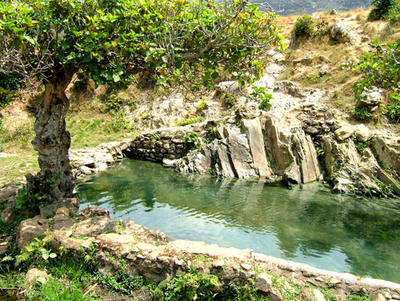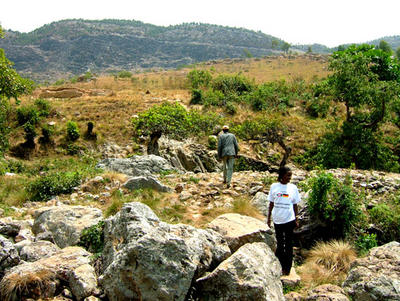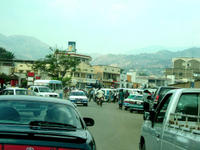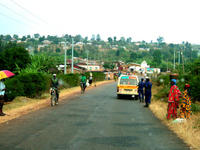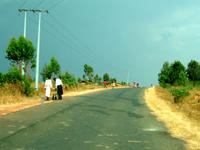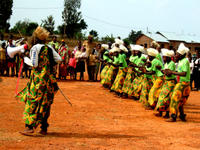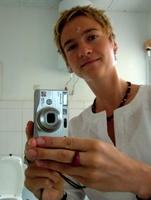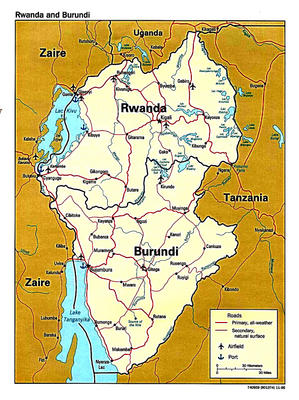„Warum begräbt man die Leichen in Murambi nicht?“ fragt ein ehemaliger Kindersoldat aus Kindu (DR Kongo). „Damit alle sehen, was passiert ist, und damit es nie wieder passiert“, antwortet ein Ruander.
Im ruandischen Genozid wurden 1994 innerhalb 100 Tagen geschätzte 900 000 Menschen auf brutalste Weise durch einen Großteil der Bevölkerung massakriert. Seitdem werden Konflikte verstärkt in den Nachbarländern ausgetragen.
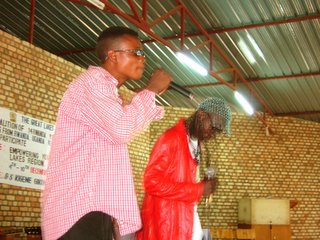
Elf Jahre später findet in Ruanda das erste regionale peace camp statt – nach dem Vorbild aus Uganda. Ein historisches Event, unterstützt durch die Finnen, GTZ, DED/ZFD und das Hamburger Institut für Sozialforschung. Jugendliche erlernen hier gemeinsam Methoden der friedlichen Konfliktbearbeitung, die sie anschließend im „Forum Theater“ praktizieren. Nachdem alle wieder in ihre Heimatländer zurückgekehrt sind, sollen die ausgebildeten Jugendliche als Botschafter des Friedens agieren.
Die Stimmung ist gut. Die kongolesischen Musiker nehmen ihre Superstar Sonnenbrillen bei Wind und Wetter nicht ab und singen Lieder für den Frieden. Ihre Worte erinnern dabei an die der 68er Bewegung. „Wir sind die Generation, die für Frieden in der Region sorgen wird!“ Die Nachricht, die sie übermitteln wollen, kommt aus Überzeugung. Denn viele von ihnen haben schon als Kind für die kongolesischen Mai-Mai oder, auf der anderen Seite, für den RCD-Goma und die Forces armées congolaises gekämpft.
Diese selben Jugendlichen kannten bis dato ihre ruandischen Nachbarn nur als Besatzer. Ruandische Truppen hatten Kindu zwischen 1999 und 2002 unter ihrer Kontrolle gehalten. Kein Wunder, dass die kongolesischen Jugendlichen Bedenken hatten, bevor sie nach Ruanda gereist sind.
Am letzten Tag sind alle so begeistert, dass der burundische Delegationsleiter Alexi erklärt „Das nächste peace camp findet in Burundi statt“. Ruander und Kongolesen verabreden sich zu einem gemeinsamen Musikprojekt: ein kongolesisch-ruandischer „never again“ Song, und der Clip soll in der Gedenkstätte Murambi gedreht werden. Keine Frage für die Jugendlichen: Frieden in der Region der Großen Seen kann nur durch überregionale Zusammenarbeit entstehen.
